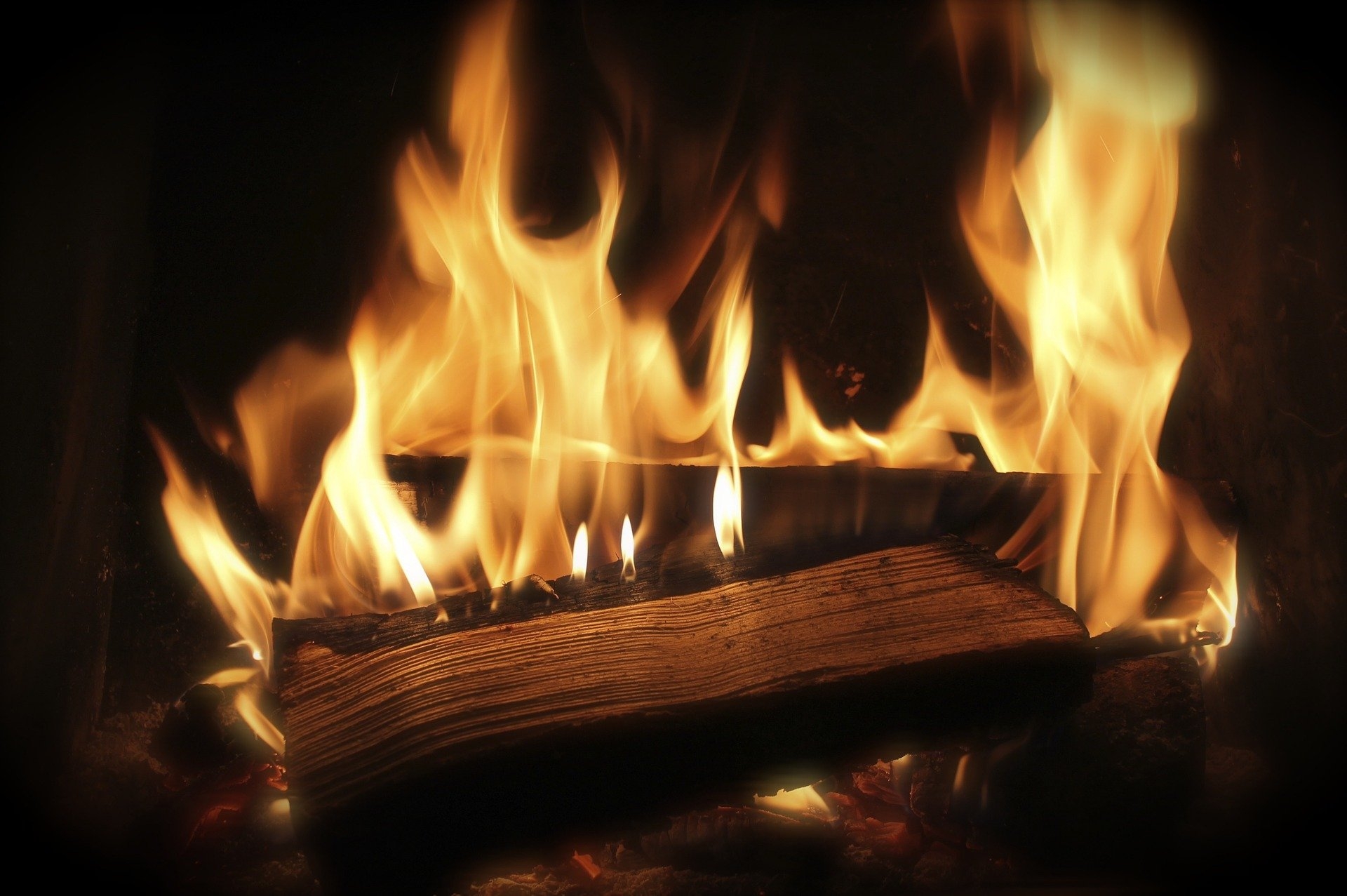
Heating systems
With many heating media such as electricity, district heating, geothermal energy, gas or oil, the heating is switched on by pressing a button or using a controller. Heating systems using solid fuels (wood, wood pellets, coal), on the other hand, require more effort. In addition, solid fuel heating systems can cause smoke and odor nuisance. However, if a few practical tips and certain rules are followed, these can be kept to a minimum.
Selecting the fuel
First of all, the right choice of fuel is crucial. In fireplaces, stoves and boilers, only the fuels specified by the manufacturers in the operating instructions for the relevant fireplaces should be used.
It is forbidden to burn paper, cardboard, textiles, leather or even plastic. Burning such materials not only leads to considerable environmental pollution, but also has a negative effect on the service life of the appliance.
When using coal, make sure it has a low sulphur content.
Wood as a fuel
If wood is to be used as a fuel, it is important to use only natural, untreated wood. Burning painted, coated or glued wood as well as treated waste wood is not permitted.
The untreated firewood must be sufficiently dried, i.e. stored for at least two years, protected from rain and well ventilated. It may only be used if the moisture content of the wood is below 25 %. Appropriate moisture meters can be purchased inexpensively from DIY stores.

Competent operation
The fireplace must be operated by an expert. The flue gas discharge conditions via the chimney must comply with the legal requirements of the Ordinance on Small and Medium-Sized Firing Installations. This is the only way to allow the flue gases to be discharged into the free air flow without disturbance and to avoid flue gas nuisance as far as possible. If you have any questions, you can also contact your chimney sweep.
If you follow all these instructions, there is nothing to prevent you from enjoying a comfortable warmth and the neighborhood and the environment will not be unduly burdened.
Complaints
Even if the stove is operated competently with approved fuels, the possibility of smoke and odor nuisance in the neighborhood cannot be completely ruled out, especially during the heating-up phase. In the event of permanent nuisance or heavily discolored smoke plumes, the Environmental Protection Department of the City of Jena will be happy to help you.
Stoves with the Blue Angel
Products labeled with the Blue Angel are particularly environmentally friendly. There are now also wood-burning stoves with the ecolabel. These produce particularly low emissions and therefore meet stricter requirements than those prescribed by law.
When purchasing a new stove or replacing an old one, we therefore recommend using those that are certified with the Blue Angel.
You can find an overview of certified products and the full award criteria on the Blue Angel website.
Chimneys in the district heating area
Special regulations apply to fireplaces and stoves in the district heating supply areas of the city of Jena. According to Section 7 (5) of the district heating bylaws, the construction and operation of fireplaces and stoves is permitted, provided they are not used exclusively for heating buildings. This means that the fireplace or stove may only be operated occasionally, for a maximum of 8 days a month for 5 hours at a time. Furthermore, the fireplace or stove may only be fired with untreated wood that has been seasoned for at least 2 years.
Richtig heizen mit Holz - Bundesumweltministerium
Federal Ministry for the Environment, Nature Conservation and Nuclear Safety, 2016
